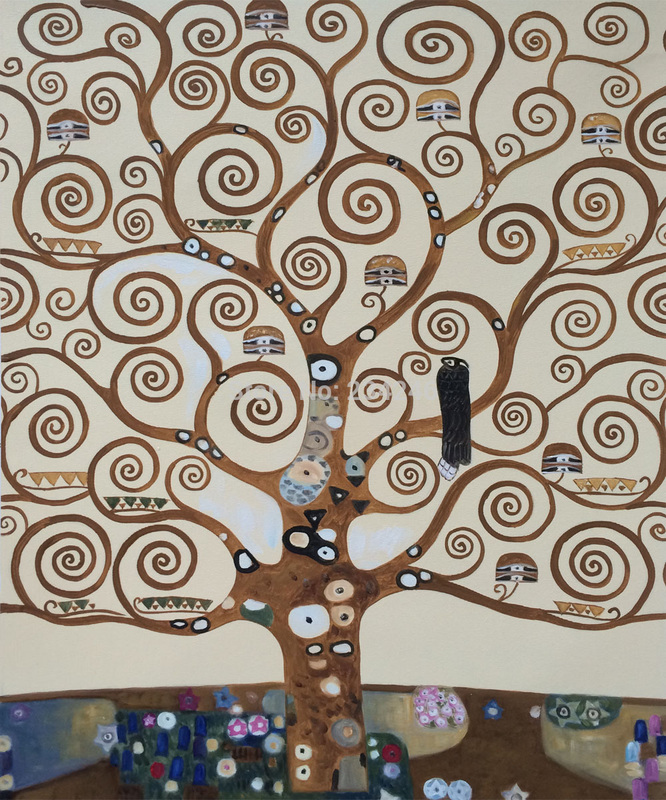n
Some speeches, like that of the late Steve Jobs and his address to the Stanford class of 2005, quickly go viral. Neil Gaiman, one of my very favorite authors, gave a brilliant speech to the 2012 class at Philadelphia’s University of the Arts called, “Make Great Art.” If you’ve not seen it, it’s a must.
What was once tedious filler has now become an opportunity for someone at the very top of their respective game to tell their life story and impart hard-earned wisdom not only to the attendant graduates—but to everyone in cyber space as well.
I have a new favorite. It’s a portion of the address given this past May by James Ryan, Dean of the Harvard Graduate School of Education. Ryan is the 11th Dean at the HGSE. His commencement speeches from the past three years have quickly gained a huge following. One of the major themes of Ryan’s address this year was the power of asking good questions:
“Posing good questions is harder than it might seem … It’s hard because asking good questions requires you to see past the easy answers and to focus instead on the difficult, the tricky, the mysterious, the awkward, and sometimes the painful. But I suspect that you and your listeners will be richer for the effort, and that this will be in both your professional and your personal life.”
“For those who will be teachers, for example, you know that well-posed questions make knowledge come to life and create the spark that lights the flame of curiosity. And there is no greater gift to bestow on students than the gift of curiosity. For those who will be leaders, which is to say all of you, don’t worry about having all the answers. Great leaders don’t have all the answers, but they know how to ask the right questions — questions that force others and themselves to move past old and tired answers, questions that open up possibilities that, before the question, went unseen.”
Dean Ryan then goes on to list what he calls five truly essential questions. He poses the idea that if one habitually asks these five questions the possibility of living a happy, successful, and fulfilled life are exponentially greater. Ryan’s five questions are:
1. “Wait, what?” A question I often hear from kids staring at their phones who aren’t paying attention, but whose focus is suddenly zapped into the present by an important bit of information that directly involves them. Ryan writes that, “Wait what” is a very effective way of asking for clarification, which is crucial to understanding. It’s the one question that should be asked before drawing conclusions or before making an important decision.
2. “I wonder,” followed by “why” or “if.” Asking “I wonder why,” or “I wonder if,” is a way to introduce curiosity into the thinking process opening up possibilities for a potential answer. Ryan writes that asking “I wonder if,” is “a way to start thinking about how you might improve the world.”
3. “Couldn’t we at least…?” This is the question to ask to when stuck in any number of situations. Asking “Couldn’t we at least…” leads to the all-important initial step that hopefully will result in an agreement or some sort of consensus. It’s also a good way to get started on anything if you’re not entirely sure of the outcome.
4. “How can I help?” Not much need further be said; asking “How can I help,” can be invaluable in practically any situation. It also implies caring and empathy on the part of the questioner.
5. “What truly matters?” to which “to me” can be added as appropriate. Ryan writes that this question forces one to get to the heart of issues not to mention the heart of one’s beliefs and convictions. He further suggests substituting the question in place of New Year’s resolutions.
These are Ryan’s five essential questions. He summarizes: “Wait, what” as the root of all understanding. “I wonder” is at the heart of all curiosity. “Couldn’t we at least” is the beginning of all progress. “How can I help” is at the base of all good relationships. And “What really matters” gets one to the heart of life.”
Questions are indeed powerful vehicles. At one turn it’s too easy to ask sh**ty questions. Some people make a career and/or a life out of it. But asking the right questions can dramatically alter the quality of our internal lives in terms of how we think, feel, and experience the world. With that, here are five questions I’ve used many times in the past:
1. What prevents me or stops me from doing ___?
This is the question I’ve used when stuck or hesitant about a decision or making a move. It never fails to produce some kind of change.
2. If I could do ___, what would it be like? Feel like? Look like?
A question that’s all about possibility, potential outcomes, and pure imagination. I like it. I use it a lot.
3. How can I do ___ and have a good time at it?
This question is all about getting through tedious or less than exciting tasks without brain implosion—and even finding a way to enjoy the moment. For me it usually involves adding music, even a specific playlist, to whatever the task at hand. My “cleaning the bathrooms” playlist immediately comes to mind.
4. What’s the best use of my time right now?
As an independent contractor working out of a home office, I have to ask myself this question constantly. I usually have small windows of time to get various jobs/tasks done. The one bit of wisdom I can impart that came directly out of asking this question is to try to “batch” activities; scheduling time slots to answer all emails at once, make all the calls during one time period, and to put the all-important writing and research projects first in the morning when I have the brain space.
5. How can I best use this?
Another question I ask myself often. I’m constantly looking at other disciplines—most completely unrelated to wine—in order model best practices and bring something new to the table for students on the M.S. track.
At the end of his address Dean Ryan poses one final question to the students from a poem by Raymond Caver called “Late Fragments”:
“And did you get what you wanted out of life, even so?
The two words, “even so,” really get to the heart of life and all the challenges, disappointment, and pain that come with it. But along with the downs come the possibilities for joy, fulfillment, and connection. Ryan writes that if one regularly asks his five preceding questions one will probably be able to answer the final question, “I did.”
Raymond Carver’s poem continues:
“And what did you want?
To call myself beloved. To feel beloved on the earth.”
To Ryan, “beloved” is the operative word in that it, “not only means dearly loved, but also cherished and respected.” He then reminds the assembly of graduates to think about students and how their world would be a better place if it simply wasn’t a matter of excelling in class, but also feeling beloved by their teachers and fellow classmates. Ryan closes the address by expressing his hopes that the graduates never stop asking and listening for good questions so they too, “will feel beloved on this earth, and, just as importantly, will help others, especially students, feel the same.”
Ryan’s thoughts about the concept of “beloved” lie at the very heart of education. As teachers and coaches we create and hold a space for our students to learn, thrive, and develop their potential. Our influence can be immeasurable with a single positive comment becoming the impetus for someone’s lifelong career. One never knows.
Ask good questions.
Always.
And strive to make students feel beloved.
nn



